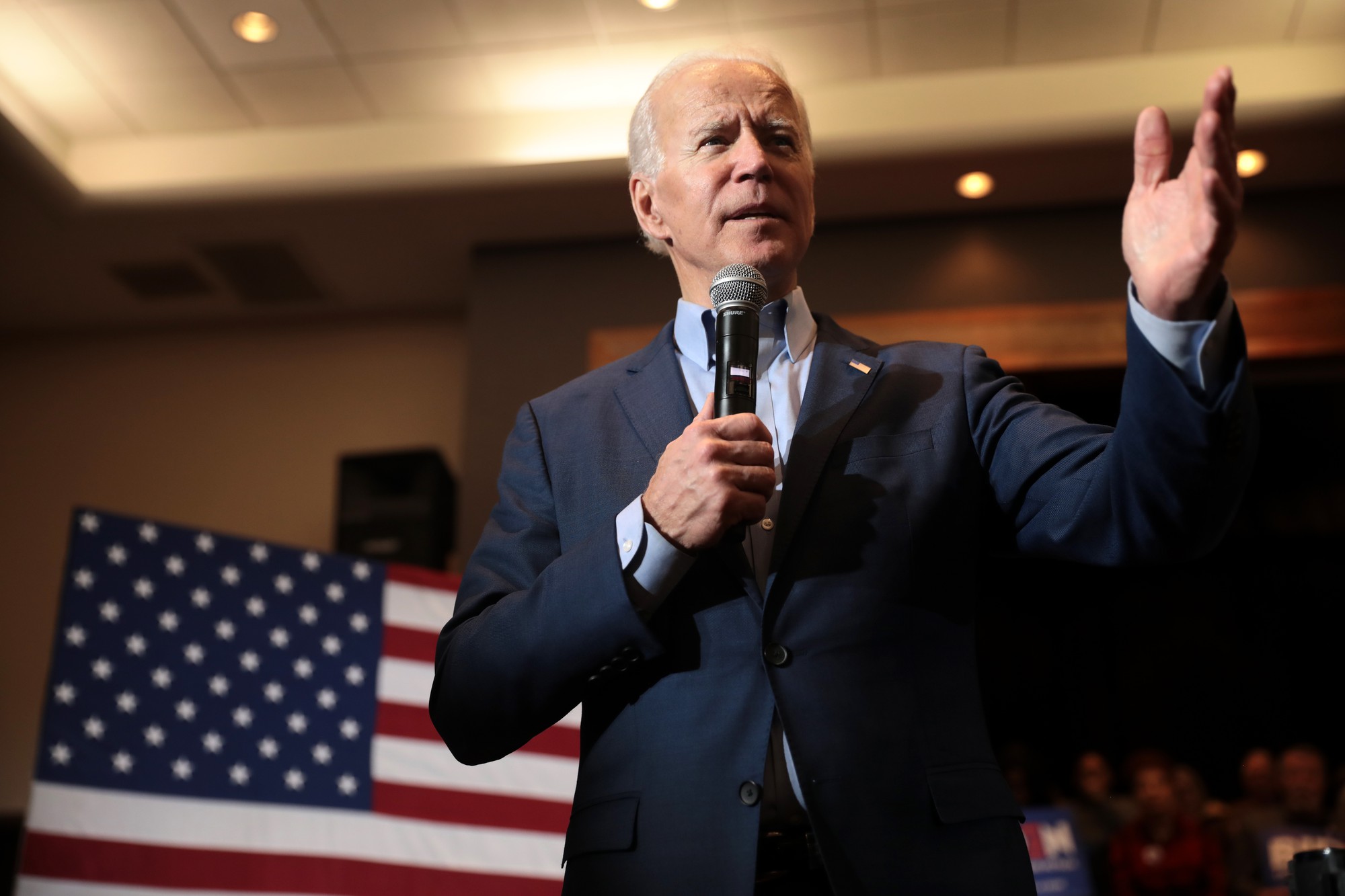U.S. President Joe Biden and First Lady Jill Biden will be visiting Canada on Thursday and Friday. He is expected to address Parliament during his visiting, along with meeting with Prime Minister Justin Trudeau and Governor General Mary Simon.
The visit will be focusing on a number of issues including trade, immigration, Russian aggression and Chinese interference.
These meetings are significant, especially for Canada, because it gives officials in Ottawa a chance to speak to the Biden administration directly on Canadian topics and issues.
Christopher Waddell, program director for the Bachelor of Media Production and Design program at Carleton University in Ottawa, called the visit a a golden opportunity to have the direct attention of the United States.
“The United States has concerns all around the world all the time,” he said.
“If you list them every day on what the government has to deal with, and what the President has to deal with, it’s not very often that Canadian issues get anywhere close to near the top of that list,” he said.
“And when they come to Canada, then obviously, from the U.S. government’s point of view, the first question becomes, ‘What are the issues that are going to be raised?’”
There are several issues of contention expected to be addressed. Immigration remains a large issue with refugees seekers continuing to use entry such as Roxham Road in Quebec.
Canada has pressed the United States to revamp the Safe Third Country Agreement. It compels people to make refugee claims in the first safe country they enter, in this case, the U.S. unless they cross into Canada through an unofficial port of entry like Roxham Road.
The United States, however, already has a pressing issue with immigration in the southern states.
Waddell said a concrete solution may not be found soon.
“It’s a challenge,” Waddell said. “There is a degree to which Roxham Road or that area is being used by some people coming through the United States to get into Canada,” he said.
“What Canada might want is more control over that. But again, Congress has a role to play there. These things normally don’t get resolved immediately, even at these big events, it’s often become a way to actually talk about a way of proceeding. And you might not see the results for some time afterwards.”
U.S. ambassador to Canada David Cohen has already said that a revised agreement is an option on the table.
“I think the Safe Third Country Agreement can easily be a part of that discussion, and how a revised Safe Third Country Agreement could help bring under control some of the underlying root causes of irregular migration,” he said in an interview on CBC TV over the weekend.
Immigration concerns are tied into the deteriorating situation in Haiti. Quebec has a large Haitian community, with strong ties to the troubled Caribbean nation. As the situation in the country continues to worsen, more Haitian refugees continue to arrive in Canada.
“There’s a connection between Canada and Haiti, particularly with the Haitian community in Montreal, which has been around for a long time,” Waddell said.
“A significant number of people who are fleeing to Haiti are coming to the U.S. and coming into Canada as well. The problem has been for a long time that there’s been a succession of different attempts to try to build a government that can actually run the country. And that’s been not very successful so far,” Waddell said.
“The United States doesn’t want to do it directly. And they see that Canada has a connection to Haiti and, and are pushing us to do more.”
Washington is also pressuring Trudeau to make a decision as to whether Canada will lead a second intervention into Haiti.
The country is still gripped by economic, political and security turmoil, as gangs have torn apart systems into isolated fiefdoms. Trudeau has floated the idea of leading an international peacekeeping force into the country to relieve the government forces besieged by gangs.
Canada has so far avoided deploying boots on the ground in Haiti, and has instead offered logistical support.
The Biden administration is pushing to see Canada make a larger commitment and including leading a United Nations intervention force.
Also, no Canada-U.S. meeting would be complete without having defence concerns on the table.
The United States has continued to press Canada to meet a NATO military spending target of two per cent of total GDP.
Cohen downplayed any tension, however, and reaffirmed a strong bond between American and Canadian leaders.
“There won’t necessarily be contention around these issues because I think Canada and the United States agree on the need for enhanced spending in the defense space,” he said.
Canadian Ambassador to the United States, Kirsten Hillman, said that relations on defense are strong, as Canada’s decision to acquire 88 F-35 jets was a welcome move by the United States and a good move to replace the aging fleet of CF-18 jets Canada currently operates.
Waddell said that while it is not mentioned as much, North American defence will be an important subject for the visit, as cold war fears returned with Russian aggression in Ukraine.
“Depending on what Russia is doing in the future, we’re back to thinking about things that we hadn’t thought about for 20 or 30 years,” he said. “That is the ability of Russia to come over the pole into North America, and how is North America defending itself and let alone the other issues whether it’s China or North Korea?”
“That leads into the other big issue, which is Canadian defense spending, and the concerns that the Trump administration had, and also the Biden administration that Canada needs to be spending more on defense in one way or the other. And the North might be a part of the way to do that.”

